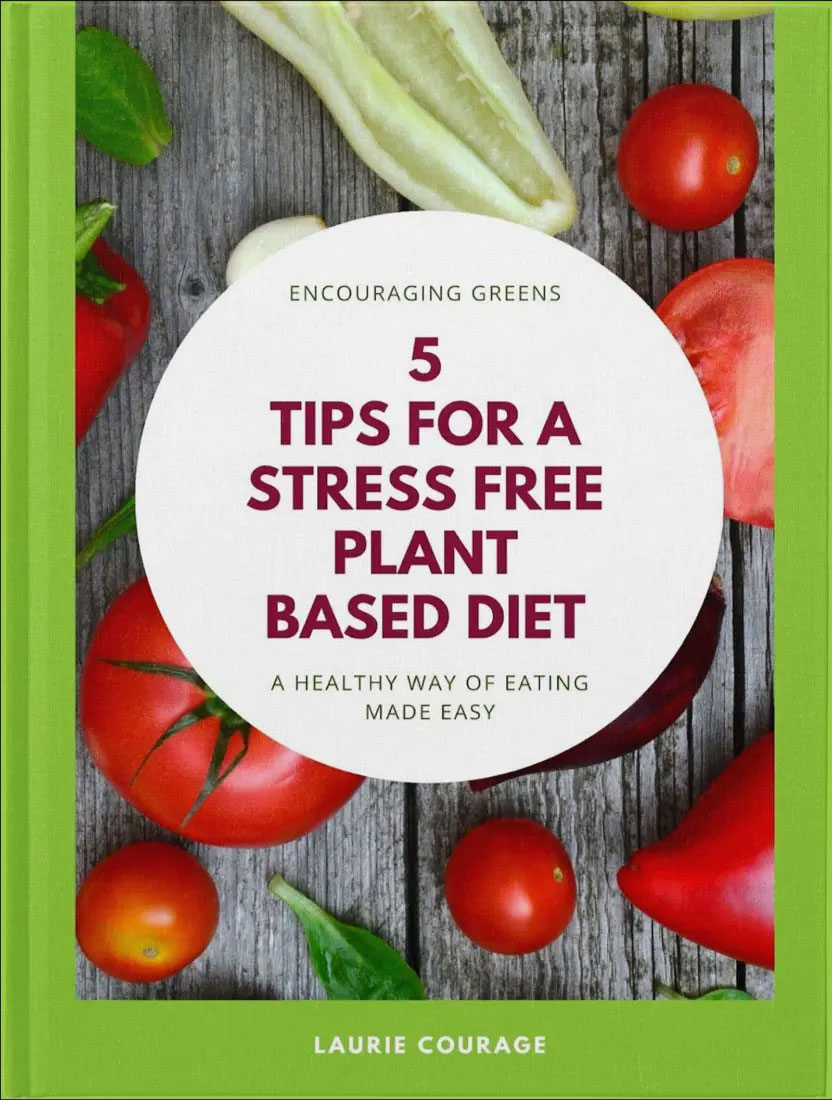“I got this” said no one, ever, after dieting for a few months!
That’s the dirty little secret of dieting; it’s not sustainable for the long term and, once we stop dieting, our bodies usually find their way back to how we were before our diet. This is especially true when the starting point is the Standard American Diet. (They call it SAD for a reason).
Fast Forward: Our environment is changing faster than our brains can keep up
If you’re old enough to remember the I Love Lucy Chocolate Factory scene with chocolate coming at them at faster speeds than they can possibly handle, you now understand something about how our DNA must feel. Like that sped-up conveyor belt, our bodies are trying to keep up with all the evolutionary changes that have been thrown at us since the dawn of ‘man’ millions of years ago.
In the blink of an eye (relative to how long we have walked the earth in human form), we’ve gone through several societal ‘revolutions’: agricultural (enabling us to move to the extremities of our planet); industrial; technological; and, most recently, digital. For some of the most significant changes, we are the very first generation to experience them, clearly not giving our bodies enough time to adapt to the rapid rate and pace of change. We are living through a time of evolutionary mismatch on so many levels and we are part of the experiment.
Processed on Purpose: Packaged foods cause cravings for salt, fat and sugar so we will eat more
Our lizard brain, the part rooted in our prehistoric selves, is wired to simply survive, reproduce and find food efficiently. It makes sense that part of our brains would beckon us to eat abundantly whenever we are fortunate enough to find food since it could be scarce tomorrow. Back when we were still foraging and walking miles for our next meal, we savored every bit and never worried about over-indulging.
Those same impulses taught us to enjoy the bounty of colorful food, a trait not lost on the makers of sugar-sweetened cereals such as Fruit Loops and candies like M&Ms. But now, instead of finding occasional fruit in the wild, finding sweets is as close today as the local drugstore, ironic since it is also the home of the pharmacies that dispense medication when we eat too many of those sweets. Our impulses are correct; yet our environment has dramatically shifted.
Today, we are surrounded by processed foods with manufactured ingredients not well understood or possibly even safe. Our medical professionals and medications manage symptoms and not prevention of the root cause of our failing health and rising obesity. The media endorses fad diets and unhealthy options, and social norms cause healthy choices to be the exception. Willpower alone is not enough. So how do we win the battle?
Back to Basics: Eat food. Not too much. Mostly (Whole) Plants.
Many of us have heard author Michael Pollen share this wisdom to keep things simple when it comes to food. I added the word ‘whole’ since many packaged foods containing anything once made of plants as plant-based on their food labels. Read almost any box, can or package or the list of ingredients on most fast-food chain websites. Michael Pollen says, “Don’t eat anything your great grandmother wouldn’t recognize as food, anything with more than five ingredients, or ingredients you can’t pronounce”. Look in your pantry or fridge and you will see just how far we have gotten away from real food.
Lifestyle Changes: Fitting healthy food choices into your life (and sooner with the power of coaching)
There are many helpful resources about what and how to eat to get and stay healthy. Yet, there are also many confusing resources, sadly sometimes written by those in the medical field who are less focused on doing no harm than they are selling supplements or diet programs. It is important to learn the difference between fad and fact to find answers to questions about food and your health. But even when we find a diet that works, there is more work to do if we want healthy habits that last a lifetime.
For lifestyle changes to last, we need a solid foundation of mindset and motivation, knowledge and skills, confidence and vulnerability, support and self-sufficiency. It takes more than knowing what to eat, though more plants is always a good place to start. We must also create the space for change, explore our connection with food, be aware of our cravings and impulses and learn to take back control of our health to reach our goals. That is the work I do every day as a coach. For me, that is when the magic happens and the aha – I got this! It’s not a diet; it’s a lifestyle!
Interested in getting some coaching help to move forward and fit a healthy plant-based lifestyle into your life instead of the other way around? Sign up for my newsletter (see below) to find out how or reach out and contact me to chat.

